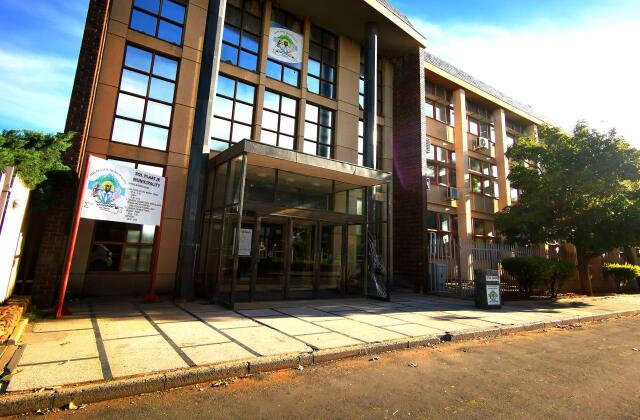The Sol Plaatje Municipality is facing serious cash flow problems and would have to tighten its belt.
SOL PLAATJE executive mayor, Patrick Mabilo, said the municipality would have to introduce tighter cost containment measures in light of serious cash flow problems, where the greatest concerns were the ability to pay salaries and bulk costs.
In the mayor’s report of the mid-year budget and performance assessment and second quarter performance assessment that was tabled yesterday, he stated that the Covid-19 pandemic was negatively affecting the municipal finances which were already under severe strain.
It was indicated in the budget that the total outstanding debts owed to Eskom amounted to R130 million while debts owed to the Department of Water and Sanitation for bulk water total R60 million.
The municipality owes Ontec, the prepaid electricity vendor, an amount of R4,5 million.
Mabilo stated that a payment agreement was entered into with both Eskom and the Department of Water and Sanitation.
“The municipality managed to settle the long term bi-annual commitment with the Development Bank of South Africa at the end of December 2020.”
Bulk water purchases for water that was extracted from the Vaal River and Orange River as of the end of December amount to R71 million. Average water losses of 58,6 percent were recorded, whereas acceptable industry norms average 35 percent. It stated that pipe bursts contributed towards 15 to 25 percent of water losses.
The upgrade of the purified water reclamation dam in Riverton to prevent water lost during the backwash process is still in the tendering process.
Mabilo recognised the need to improve the quality of services and preventative maintenance and curb wastage.
“Municipal officials should also take all reasonable steps to prevent unauthorised, irregular and fruitless and wasteful expenditure.”
He indicated that a lower collection rate of 76 percent as at December 31, had exacerbated the cash flow situation.
He said the non-payment of debt by organs of state, excessive overtime expenditure, decline in investments, high level of unemployment, inflation and the current economic climate were threatening the financial sustainability of the municipality.
It was noted in the budget that overtime expenditure amounted to R12,2 million of which 48,9 percent was spent.
Overtime claims have been capped to a maximum of 30 hours per month across most units within the municipality.
It was recommended that daily tasks be monitored to ensure that normal working hours were productive while work completed should be verified by managers and supervisors.
It was also advised that all planned overtime be stopped unless it was to avoid major shutdowns or service interruptions.
Mabilo added that the municipality was plagued by executive management positions and political turmoil.
He said R15,1 million had been allocated for the stormwater upgrade in Galeshewe as well as the electrification project in Lerato Park.
The R6 million with respect to the water services infrastructure grant was rejected as the Homevale Waste Water Treatment and Caters Ridge sewer pump station are not committed.
The R5,5 million for an electrification project was also not granted as no appointment letters exist for the electrification of Donkerhoek, Ramora and Lerato Park link service projects.
The importance of debtor’s management was emphasised where it was indicated that customers were taking more than two and a half years to pay their current accounts.
“An average collection rate of 62 percent is not enough to reduce the ever-growing outstanding debtors of the municipality and will result in cash flow problems.”








